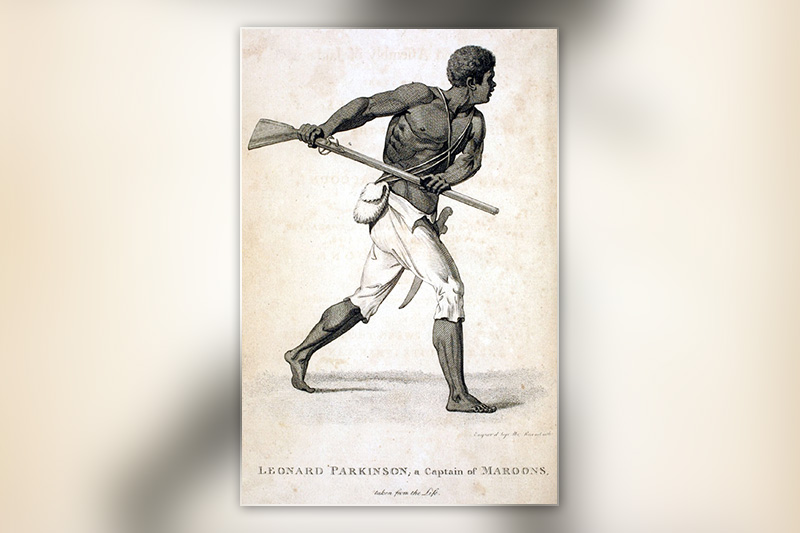Ok, never heard of that before. I was under the assumption the Maroon settlements only had runaway slaves and was a safe haven for runaway slaves. At least, that is what it was in other places in the Americas, outside of Jamaica.
That is indeed the overall and logical sentiment. But it seems like a contradiction to the first statement. Because a runaway slave is the exact opposite of the snitch. Maybe I’m overthinking / overlooking something.
From what I was told it was because they were promised freedom.
The irony however is that the conference was founded by Democrats at the time, not Republicans.
Of course this is within the history of political alignment and realignment, which makes it even more complicated. This is why in both parties there’s this systemic racism toward Blacks.
I have no idea what they were talking and thinking about, as I have not read memorials. I assume what you say could be true.
I’m confused by this statement. From what I know, Maroon settlements in the USA aren’t the same as the Maroon settlement in Jamaica.
I do think Maroon settlements inspired one another to rebel. This is eventually is what caused slavery to become abolished.
“After the maroon communities were established, women and children joined the runaways. Knowledge of the maroons is an essential part of African-American history. It has been written that during the Civil War after the Union Army began the active and open recruitment of Black troops, many men from maroon communities joined the Union Army and fought against the Confederacy.”
Leonard Parkinson, Maroon Leader, Jamaica, 1796 By Jacqueline Hubbard, Esq., ASALH, President The English word “maroon” derives from the Spanish word cimarrón, which is based on an Arawakan root. …

theweeklychallenger.com










